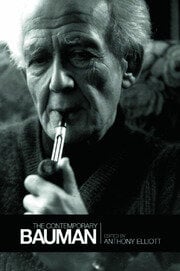Archive
Film | Theatre | Art | Opera | Music | Television | Festivals
Welcome to ABR Arts, home to some of Australia's best arts journalism. We review film, theatre, opera, music, television, art exhibitions – and more. To read ABR Arts articles in full, subscribe to ABR or take out an ABR Arts subscription. Both packages give full access to our arts reviews the moment they are published online and to our extensive arts archive.
Meanwhile, the ABR Arts e-newsletter, published every second Tuesday, will keep you up-to-date as to our recent arts reviews.
Recent reviews
Earth Under Fire: How Global Warming is Changing the World by Gary Braasch
by Ian Gibbins •
Racers of the Deep: The Yankee Clippers and Bluenose Clippers on the Australian Run 1852 - 1869 by Ralph P. Neale
by Gillian Dooley •
In the Name of the Law: William Willshire and the Policing of the Australian Frontier by Amanda Nettelbeck and Robert Foster
by Gillian Dooley •
Legacy of Ashes: The History of the CIA by Tim Weiner
by Peter Haig •
The Contemporary Bauman edited by Anthony Elliott
by Anthony Moran •
AUSTRALIAN JOURNAL OF FRENCH STUDIES VOL. XLIV, NO. 1, 2007 edited by Brian Nelson & AUSTRALIAN JOURNAL OF FRENCH STUDIES VOL. XLIV, NO. 2, 2007 edited by Brian Nelson and Françoise Grauby
by Colin Nettelbeck •









